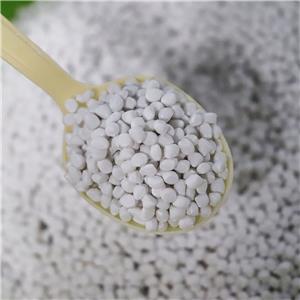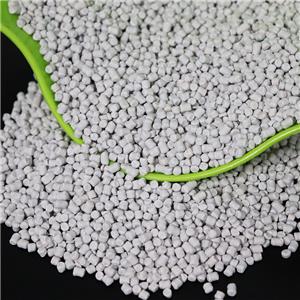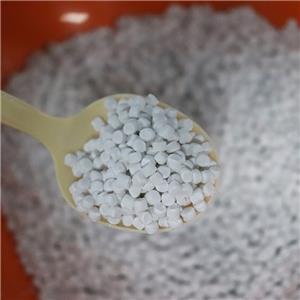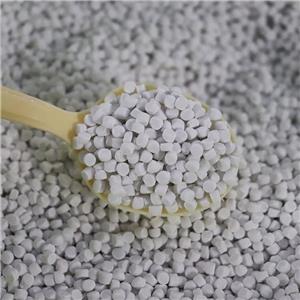The role of talc in industrial products
Talc is an essential raw material in industrial products. It plays an important role in various industries to improve product performance and reduce costs. In this paper, we will take a closer look at the diverse applications of talc in industrial products, especially in the plastics industry, and its impact on product performance and cost.
Talc in the plastics industry
Talc is widely used as a filler and lubricant in the plastics industry. This versatile material has different effects on different types of plastics:
ABS Plastic: ABS plastic (Acrylonitrile Butadiene Styrene Copolymer) is a material commonly used in the manufacture of strong and durable products. By adding the right amount of talc to ABS, its heat resistance can be significantly improved, allowing it to maintain its structural integrity in high-temperature environments. In addition, talc reduces the molding shortening of ABS, making it easier to process and mold.
Nylon: Nylon is a plastic that performs well at high temperatures. The addition of talc can further improve its heat resistance, which is critical for applications that require resistance to high temperatures. It also helps control molding shortening in nylon, ensuring stability during product manufacturing.
Polyethylene: Talc is blended into polyethylene primarily to increase its stiffness, heat resistance and molding shortening, while also reducing manufacturing costs. This means that polyethylene can more easily be used in applications that require a certain level of strength and heat resistance, while reducing production costs.
Polypropylene: Polypropylene is a plastic material used in a wide variety of industrial applications. The addition of talc significantly improves its overall strength, heat resistance, molding shortening and rigidity, making it suitable for many different applications.
Advantages of Talc
The application of talc not only improves the performance of plastic products, but also reduces manufacturing costs. Compared with other fillers, the price of talc is only about one-fifth of the price of plastic, which means that companies can reduce raw material costs and improve the competitiveness of their products.
In summary, talc, as a multifunctional filler and lubricant, plays an indispensable role in the manufacture of modern industrial products. It has a wide range of applications and can be adapted to meet different needs in order to fulfill the requirements of product performance and succeed in the highly competitive market. Therefore, understanding the advantages and application characteristics of talc is crucial for industrial product manufacturers.




